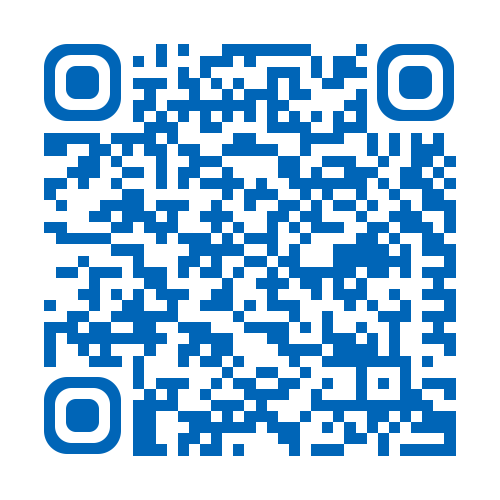- Reference Number: HEY-306/2023
- Departments: Breast Services
- Last Updated: 28 April 2023
Introduction
This leaflet has been produced to give you general advice after undergoing a breast biopsy, under local anaesthesia. Most of your questions should be answered by this leaflet. It is not intended to replace the discussion between you and your doctor, but may act as a starting point for discussion. If after reading it, you have any concerns or require further explanation, please discuss this with a member of the healthcare team caring for you.
What is a breast biopsy?
A breast biopsy is a procedure in which a small piece of tissue is removed from your breast, using local anaesthetic. This is looked at by a pathologist in a laboratory who will be able to tell us whether the tissue is normal or abnormal in any way. Your wound is covered by a dressing to protect it and aid the healing process.
When can I remove the dressing?
You may remove the dressing the day after your procedure. Underneath the dressing are steristrips which hold the wound together, they should be removed after 2 – 4 days.
How do I care for my biopsy wound?
Try to keep the area dry until you have removed the steristrips. Do not use soap, bubble bath, deodorant or any perfumed products on the wound area until it has healed.
Am I likely to feel pain after my biopsy?
After the biopsy test the breast may be discoloured, swollen and you may have mild pain for several days. A comfortable supportive bra and pain relief medication such as paracetamol may help. On rare occasions your wound may bleed – if this happens, sit down and press firmly on the wound with the tips of your fingers until the bleeding stops. If the bleeding continues but is light, call the Breast Ward on (01482) 875875 (extension 6705) to seek further advice. However, if the bleeding is severe please seek emergency assistance by dialling 999.
What about getting back to normal?
You should avoid any strenuous activities for 24 hours. Most patients can return to normal daily activity straightaway.
When will I get my results?
You will receive a letter about your biopsy test results in the next two to four weeks.
Who can I contact if I have any concerns?
If you require any further advice or support following your biopsy, please contact the Breast Care Nurse Team on telephone number (01482) 622013.
Should you have any concerns regarding your wound, please do not hesitate to contact Ward 16 at Castle Hill Hospital on telephone number (01482) 875875 ext 6705. Alternatively, you may contact your doctor.
General Advice and Consent
Most of your questions should have been answered by this leaflet, but remember that this is only a starting point for discussion with the healthcare team.
Consent to treatment
Before any doctor, nurse or therapist examines or treats you, they must seek your consent or permission. In order to make a decision, you need to have information from health professionals about the treatment or investigation which is being offered to you. You should always ask them more questions if you do not understand or if you want more information.
The information you receive should be about your condition, the alternatives available to you, and whether it carries risks as well as the benefits. What is important is that your consent is genuine or valid. That means:
- you must be able to give your consent
- you must be given enough information to enable you to make a decision
- you must be acting under your own free will and not under the strong influence of another person
Information about you
We collect and use your information to provide you with care and treatment. As part of your care, information about you will be shared between members of a healthcare team, some of whom you may not meet. Your information may also be used to help train staff, to check the quality of our care, to manage and plan the health service, and to help with research. Wherever possible we use anonymous data.
We may pass on relevant information to other health organisations that provide you with care. All information is treated as strictly confidential and is not given to anyone who does not need it. If you have any concerns please ask your doctor, or the person caring for you.
Under the General Data Protection Regulation and the Data Protection Act 2018 we are responsible for maintaining the confidentiality of any information we hold about you. For further information visit the following page: Confidential Information about You.
If you or your carer needs information about your health and wellbeing and about your care and treatment in a different format, such as large print, braille or audio, due to disability, impairment or sensory loss, please advise a member of staff and this can be arranged.

